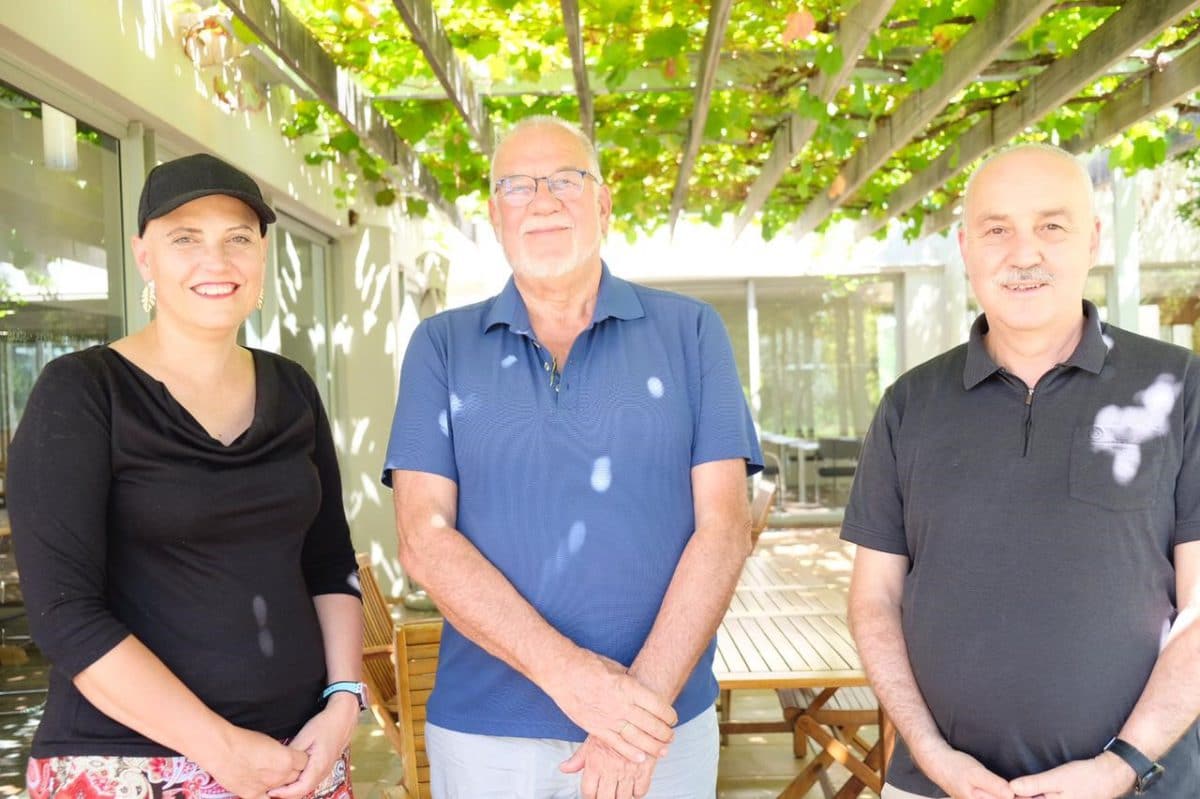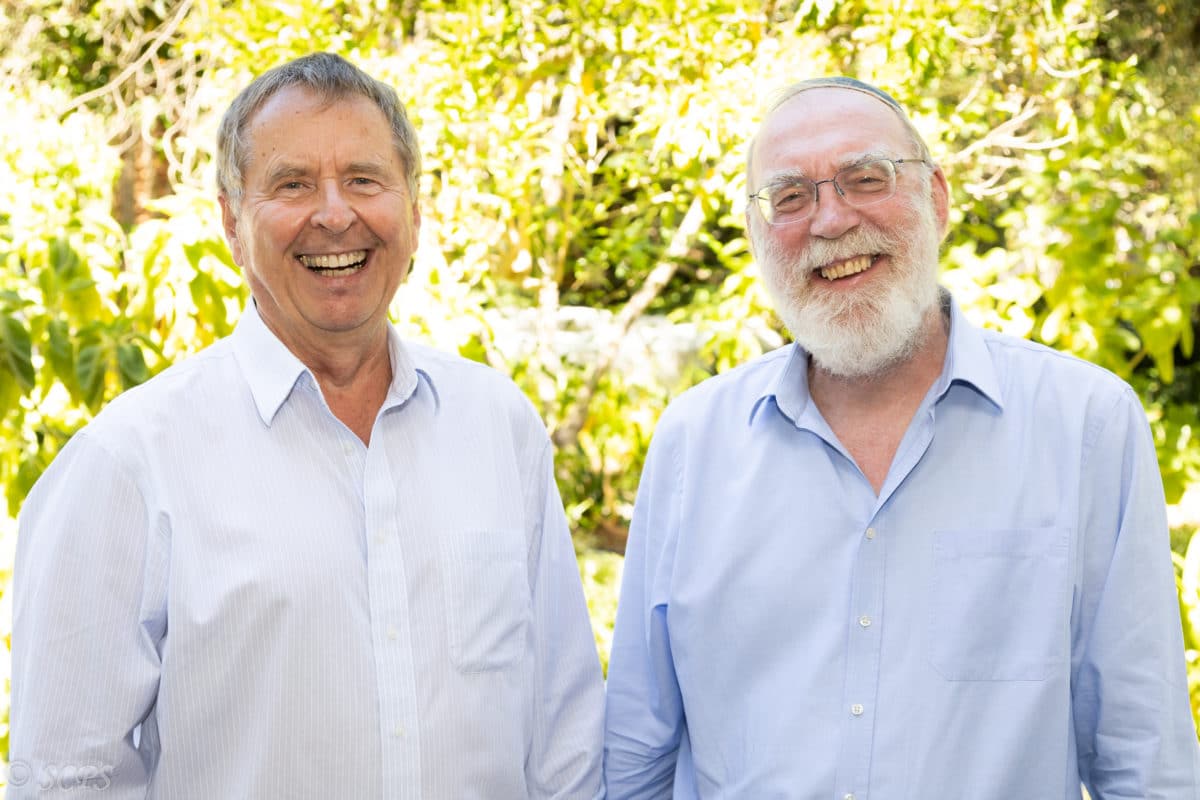Challenges confronting our contemporary world like terrorism, populism, and religious pluralism recommend revisiting Gandhi’s concept of satyagraha. Both this concept as well as his ecumenical opening for the religious plurality stem from his time in South Africa (1893-1914). Our project discusses Gandhi’s concept of satyagraha (practice of non-violent resistance), its historical development, its relevance for transformation in South Arica, and also its limits. A first part of the project reflects on satyagraha from the perspective of Girard’s mimetic anthropology focusing especially on mimetic rivalry as a main cause of human violence and addressing the religious roots of Gandhi’s concept. A second part of the project investigates Gandhi’s reading of the Hebrew Bible with a special focus on the Book of Daniel and its answers to persecution. A third part engages with Gandhi’s contribution to an interreligious theology. It will especially deal with Gandhi’s problematic understanding of Judaism addressing therefore relevant limits of satyagraha. Limits will also be addressed in the fourth part of this project that discusses satyagraha from a feminist perspective. It will focus on the role of gender and compare Gandhi’s non-violence with Winnie Mandela’s violent struggle.

Project
Gandhi’s Satyagraha: Exploring Non-Violent Alternatives for Effective Political Resistance and Transformation
Related to Gandhi’s Satyagraha: Exploring Non-Violent Alternatives for Effective Political Resistance and Transformation

Publication
When Bodies Speak Differently: Putting Judith Butler in Conversation with Mahatma Gandhi on Nonviolent Resistance
Du Toit, Louise and Jana Vosloo. 2021. When Bodies Speak Differently: Putting Judith Butler in Conversation with Mahatma Gandhi on Nonviolent Resistance. R...

Publication
Gandhi’s View on Judaism and Zionism in Light of an Interreligious Theology
Meir, Ephraim. 2021. Gandhi’s View on Judaism and Zionism in Light of an Interreligious Theology. Religions, 12(7), 489. https://doi.org/10.3390rel1207048...

Publication
The Non-Violent Liberation Theologies of Abraham Joshua Heschel and Mahatma Gandhi
Meir, Ephraim. 2021. The Non-Violent Liberation Theologies of Abraham Joshua Heschel and Mahatma Gandhi. Religions, 12(10), 855. https://doi.org/10.3390re...

Publication
Gandhi’s Militant Nonviolence in the Light of Girard’s Mimetic Anthropology
Palaver, Wolfgang. 2021. Gandhi’s Militant Nonviolence in the Light of Girard’s Mimetic Anthropology. Religions, 12(11), 988. https://doi.org/10.3390rel12...

Publication
Gandhi’s Use of Scriptures: A Hermeneutic of Nonviolence against Letters That Kill
Noort, Ed. 2022. Gandhi’s Use of Scriptures: A Hermeneutic of Nonviolence against Letters That Kill. Religions, 13(2), 153. https://doi.org/10.3390rel1302...

Publication
Gandhi and the Gender of Nonviolent Resistance
Du Toit, Louise. 2022. Gandhi and the Gender of Nonviolent Resistance. Religions, 13(467), 1–18. https://doi.org/10.3390rel13050467

Publication
Gandhi and the World of the Hebrew Bible: The Case of Daniel as Satyagrahi
Noort, Ed. 2022. Gandhi and the World of the Hebrew Bible: The Case of Daniel as Satyagrahi. Religions, 13(9), 859. https://doi.org/10.3390rel13090859

Publication
Gandhi and Buber on Individual and Collective Transformation
Meir, Ephraim. 2022. Gandhi and Buber on Individual and Collective Transformation. Religions, 13(7), 600. https://doi.org/10.3390rel13070600

Publication
Dialogical Theology and Dialogical Practice
Weisse, Wolfram and Ephraim Meir. 2022. Dialogical Theology and Dialogical Practice. Scriptura, 121(1), 1–16. https://doi.org/10.7833121-1-2069

Publication
Nonviolence and Religion
du Toit, Louise, Ephraim Meir, Ed Noort and Wolfgang Palaver. Eds.. 2023. Nonviolence and Religion. MDPI. https://doi.org/10.3390books978-3-0365-7173-7

Article
Gandhi’s Satyagraha: Exploring non-violent alternatives for effective political resistance and transformation - Fellows' seminar by Wolfgang Palaver, Louise du Toit, Ephraim Meir and Ed Noort
Challenges confronting our contemporary world like terrorism, populism and religious pluralism recommend revisiting Gandhi’s concept of Satyagraha.

Article
Reflecting on Gandhi’s ideas on non-violence and what these can offer the world today - Fellows’ seminar by Wolfgang Palaver, Louise du Toit, Ephraim Meir and Ed Noort
The STIAS 2021 seminar programme opened with a seminar by the ‘Gandhi research group’ comprising Wolfgang Palaver of the Department of Systematic Theology at the University of Innsbruck, Louise du Toit of the Department of Philosophy at Stellenbosch University, Ephraim Meir of the Department of Jewish Philosophy and Kabbalah at Bar-Ilan University and Ed Noort of the Faculty of Theology and Religious Studies at the University of Groningen.

Article
Interreligious dialogue and pluralism in the modern - Fellows' seminar by Ephraim Meir and Wolfram Weisse
The growing religious pluralisation of modern societies places the question of religions and dialogue at the centre of public and academic attention.


